
The Navajo population are vulnerable to lung disease due to decades of exposure to uranium mines and the use of wood or coal for heat and cooking. It is now vulnerable to COVID-19.

Dr Moffic is an award-winning psychiatrist who specialized in the cultural and ethical aspects of psychiatry and is now in retirement and retirement as a private pro bono community psychiatrist. A prolific writer and speaker, he has done a weekday column titled “Psychiatric Views on the Daily News” and a weekly video, “Psychiatry & Society,” since the COVID-19 pandemic emerged. He was chosen to receive the 2024 Abraham Halpern Humanitarian Award from the American Association for Social Psychiatry. Previously, he received the Administrative Award in 2016 from the American Psychiatric Association, the one-time designation of being a Hero of Public Psychiatry from the Speaker of the Assembly of the APA in 2002, and the Exemplary Psychiatrist Award from the National Alliance for the Mentally Ill in 1991. He presented the third Rabbi Jeffrey B. Stiffman lecture at Congregation Shaare Emeth in St. Louis on Sunday, May 19, 2024. He is an advocate and activist for mental health issues related to climate instability, physician burnout, and xenophobia. He is now editing the final book in a 4-volume series on religions and psychiatry for Springer: Islamophobia, anti-Semitism, Christianity, and now The Eastern Religions, and Spirituality. He serves on the Editorial Board of Psychiatric Times.

The Navajo population are vulnerable to lung disease due to decades of exposure to uranium mines and the use of wood or coal for heat and cooking. It is now vulnerable to COVID-19.

Different groups are more susceptible to COVID-19, both socially and medically, which is why cultural sensitivity is so important during this time.
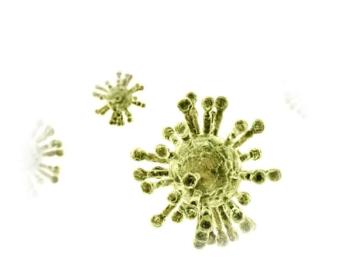
Dr Steve Moffic talks about about some of the psychological dangers clinicians are facing during the pandemic in this video.

If we want the public to wear masks for protection from the coronavirus, not complying with self-protective measures does not model safety.

Strange Fruit was written by a Jewish schoolteacher after seeing a disturbing picture of a black man, lynched in the South. But what does this song have to do with the Coronavirus pandemic?

It is one thing to hear from colleagues about how patients and the public are coping with the pandemic. It is quite another to hear directly from children. Five-year-old Adam, his parents, and I invite you to join Team Earth. Here’s why.
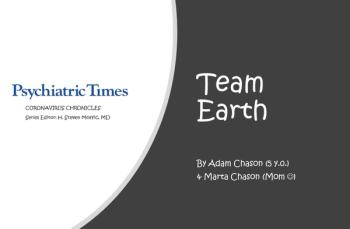
"Mom says viruses don’t attack countries, they attack people. And across countries we are still one people living under one roof." More in this pictorial and therapeutic dialog between a 5-year-old and his mother about the pandemic.

What is a “normal” reaction to this pandemic? How does one adapt to a new normal? How does an organization that has to downsize drastically adjust successfully, especially after the “honeymoon period”?

Three mountains must be climbed to emerge unscathed.

Dr Gabrin said not to forget about the most powerful drugs we have in the pandemic-tolerance, kindness, empathy, compassion, and patience.

They are models of the essence of heroism that is being seen in health professionals and the public during the pandemic.

In these uncertain times, many look to Franklin D. Roosevelt’s quote “The only thing we have to fear is . . . fear itself.” But what does that really mean?
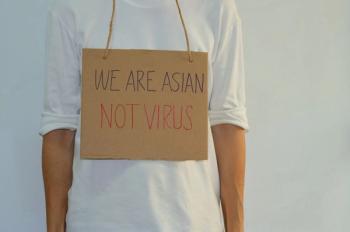
Reports of verbal and physical aggression toward Chinese-American people have undeniable ripple effects, and if left unmonitored, turns into full-fledged Coronasiaphobia.

We thought it may be useful to have a frequent, but temporary (hopefully very temporary), series of brief pieces on the psychological aspects of the news, along with the occasional longer reflection pieces and podcasts.

We are privileged to hear and are trusted with our patients' darkest secrets. Our availability for whatever is needed that is not addressed in the rest of medicine makes us invaluable to society, and this will undoubtedly be the case in the 2020s.

Because climate instability is a global challenge, America and Australia, on different sides of the world, can model how global partnerships can work.

The passing of some elder psychiatrists in the past year demonstrate that love-and psychiatry and psychiatrists-can be “many splendored things,” as the song goes. Here are some models to prove that point.
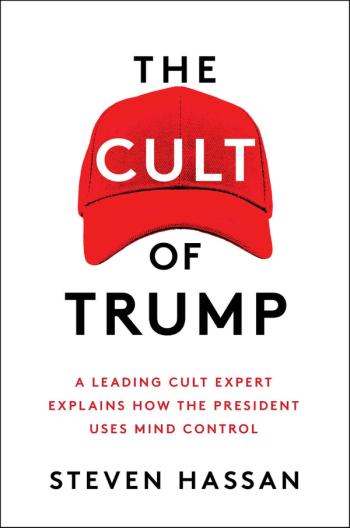
It is a new year, an election year, with impeachment looming and the Iranian conflict-funnily enough, this book is not about the President of the United States. It's all about cults.

There is too much to learn from extreme behaviors, including those of psychiatrists.

Environmental factors in addition to climate change-air pollution, toxins, noise-seem to have detrimental psychological repercussions.
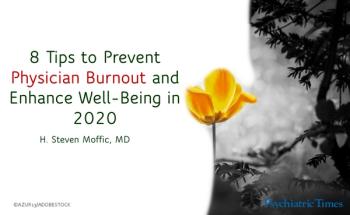
We may have strong (psychological) bones, but they are still susceptible to stress fractures. Face the new year armed with these guidelines on combatting symptoms of burnout, written by an expert in the field.

How we respond to political issues in society is the quintessential ethical challenge mental health clinicians face today. Should psychiatrists set aside diagnosis of public figures amidst sweeping changes in the United States?
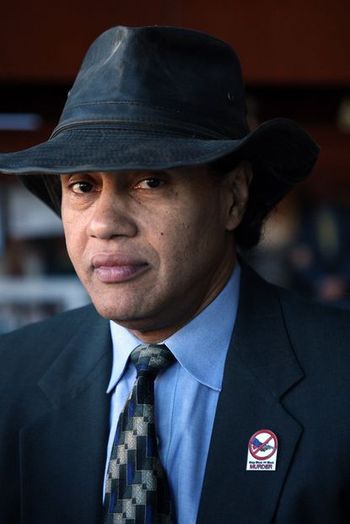
Let us honor him by discussing his work and helping to bring it even further along. Carl Bell, MD, in memoriam.
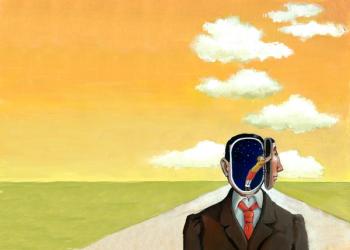
A climate change and mental health pioneer goes down memory lane with the Times.

Psychiatrists' knowledge about how the mind works may be the “secret ingredient” to help reduce burnout in other physicians.
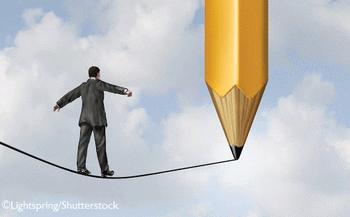
Our ethical priorities must include the care of our colleagues as well as our patients of backgrounds subject to hate and discrimination.

Few professional interactions create more anxiety, worry, and deep concern than telling someone unpleasant and painful news. Without a supportive environment, such conversations can enhance the chances of burnout.

As physicians, the risk of being sued is one of our greatest concerns.

It is winter in America. Perhaps it is fitting, then, that we have a psychiatrist’s self-disclosure that might give you the chills.

Professionals in our fields are even more reluctant than the general public to seek mental health care because of stigma and negative career consequences. Here are 10 ways to address mental "unwellness."